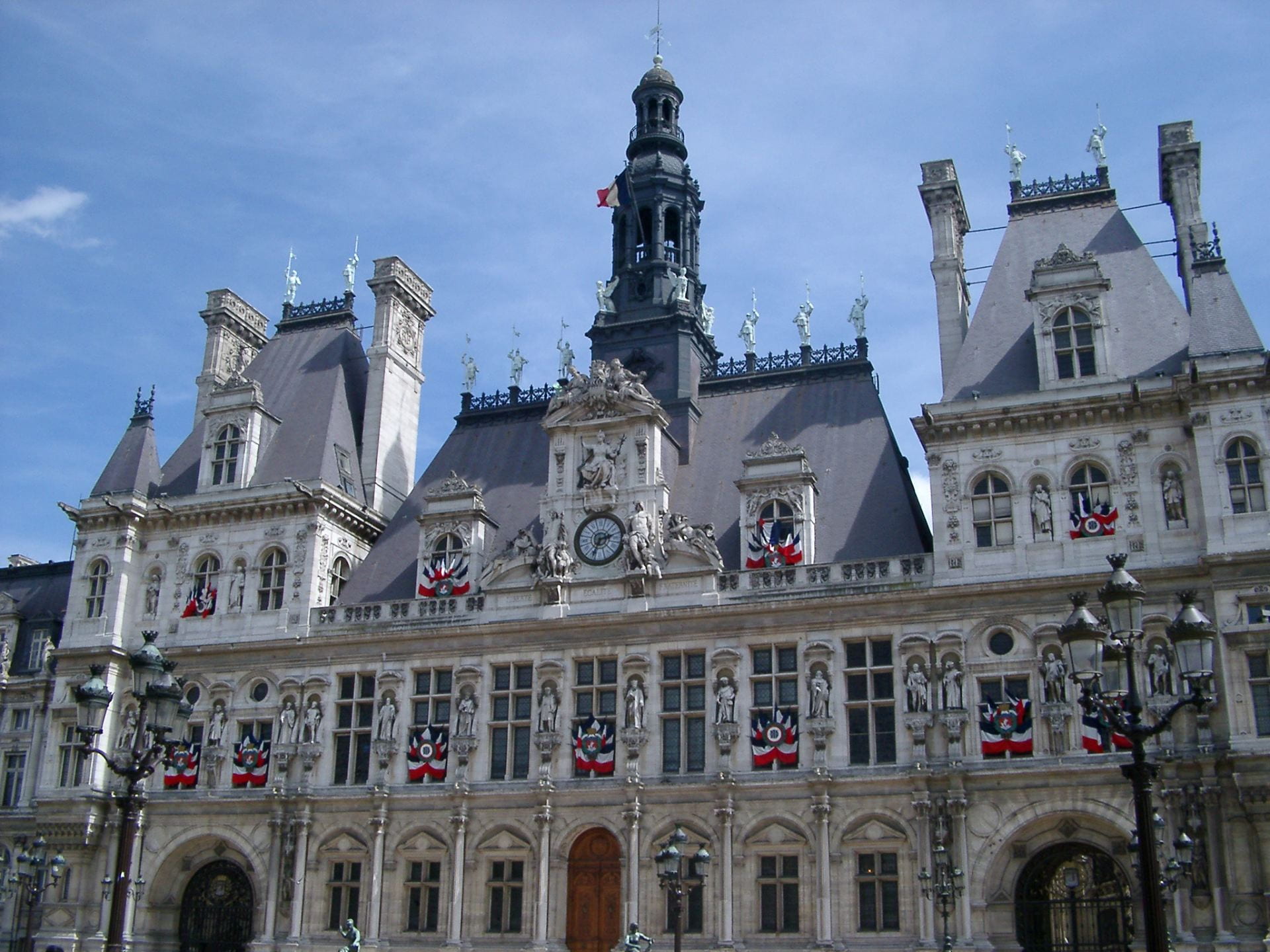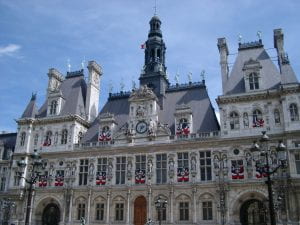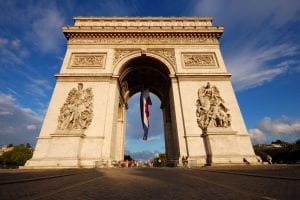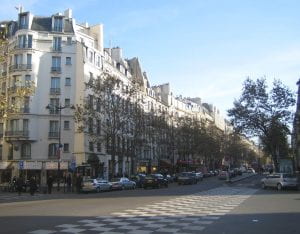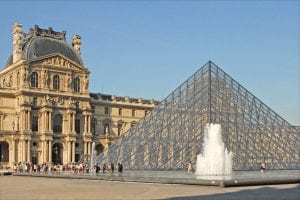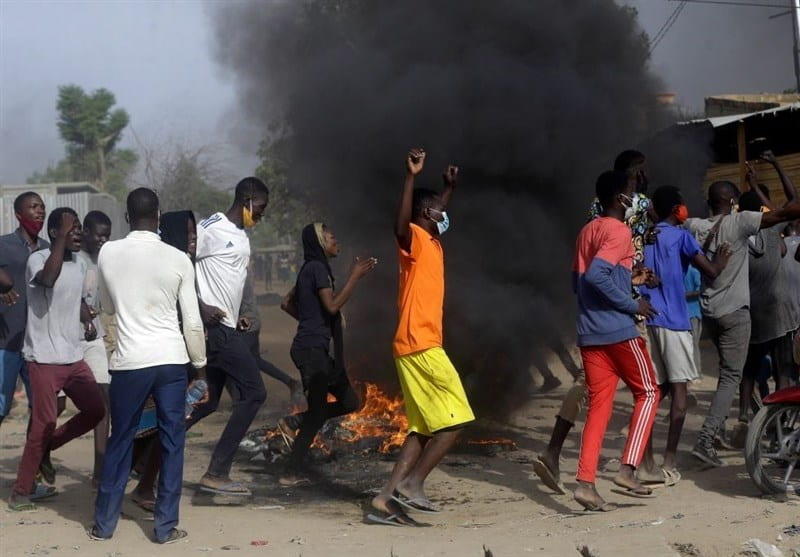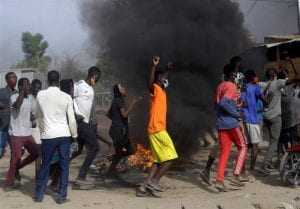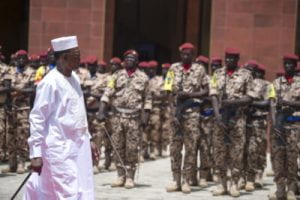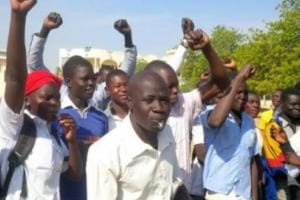Sitting at Aisha’s Kitchen on a Friday afternoon in Bo-Kaap, Cape Town, South Africa, I had the pleasure to talk to a local community organizer. Being Cape Malay himself, he shared his experiences growing in the community and the challenges they had faced. With the call to prayer in the background, he shared about the lack of engagement from the community and personal struggles people were going through. However, he was cut short by a handful of young girls from the community joining us. They asked him how he was and he asked about their families while introducing me – “Say Salaam to your aunty.” With a short introduction, we chatted with the girls, no older than 11, about their days, favorite chocolates, and their love for Bo-Kaap.
While staying in Bantry Bay, it was a journey to get all the way to Bo-Kaap. Though they are both within the same city radius of Cape Town, Bo-Kaap represents a small neighborhood. My initial understanding was that it was a simple tourist destination, but through each mural, each step, and each conversation, I recognized that the community is a living archive of struggle and resilience. The vibrancy of Bo-Kaap today represents the lengthy history of marginalized communities fighting for rights and dignity, especially in the face of colonialism, slavery, apartheid, and gentrification.

Credit: Wajiha Mekki
Origins of Bo-Kaap
Bo-Kaap was founded in the 1760s, when Jan de Waal bought a set of land to be leased out to his slaves. These individuals were from a variety of locations: Malaysia, Indonesia, India, and elsewhere. Enslaved individuals slowly populated the area. This was brought to fruition by the Dutch’s involvement in the Atlantic slave trade. Originally, Bo-Kaap was divided into four areas: the Malay Quarter, Stadzicht, Schotsche Kloof and Schoone Kloof. During this time, residential development was limited. However, once Cape Town came under the occupation of the British in 1795, the residential development accelerated, creating modest housing. This growth corresponded with the desires of the British, who wanted to develop Cape Town to increase their profit margins.
Over time, Bo-Kaap became a place of refuge for others beyond Cape Malay individuals; Filipinos, Africans, Italians, and others moved to Bo-Kaap voluntarily and found a home there due to proximity to their work spaces.
Understanding Bo-Kaap means understanding Cape Town and its history. Cape Town under Apartheid was met with many challenges. In 1948, South Africa divided the city into ethnically separate areas; the dynamic nature of Cape Town was quickly disrupted. Banishing communities from the coastline to new settlements was just one of the steps taken to enforce such policies. Another step was the Group Areas Act of 1950, which officially banned neighborhoods from being multiracial and segregated races from each other. This Act categorized Cape Town as a “whites-only” area of the country, which impacted diverse neighborhoods in the city, but the attempt to truly claim the city for whites alone was quickly fought off by the Bo-Kaap community, a small but mighty neighborhood. These anti-segregation efforts included local mosques, who protected the right of Malay South Africans to live in Bo-Kaap. As a result of this fight, the area was then declared as Cape Malay only, allowing hundreds of families to continue living in Bo-Kaap. Many people who were living in adjacent neighborhoods that were stripped of their multiracial character, such as District Six, were also moved to Bo-Kaap.
With the tragic history of Apartheid, it is critical to note its infringement of fundamental rights to movement, housing, family integrity, and equality. The history of Bo-Kaap and its survival demonstrates the role of collective action in protecting communities and their rights.
Bo-Kaap as a Center of Cultural and Religious Freedom
In addition to the political history of Bo-Kaap, there is a rich cultural one, too. The beauty of Bo-Kaap is that it provided many Cape Malays the security to practice their religion because of the area’s unique location being far enough from Dutch settlements whilst still being close to the city center. Despite trials and tribulations, enslaved individuals maintained their faith and a sense of community.
One way that individuals in Bo-Kaap developed an opportunity to continue their community is through Afrikaans. This language, which is a mix of Portuguese, Malay, and Dutch that started in the general Cape Colony, was born of necessity. Especially considering that many enslaved individuals were from a variety of locations, it was critical for them to be able to communicate with one another, and Afrikaans gave them an opportunity to do so. The creolization of Dutch evolved as a hybrid language that allowed all groups of the Dutch colony to connect with one another. While religion played a large role in the early written text of Afrikaans being written in Arabic, the spoken language became a lingua franca for the multi-ethnic community of Bo-Kaap and South Africa more generally.
The integration of Islam as the backbone of the Bo-Kaap community was seen through Auwal Mosque, which was created in 1794. Slowly, more Muslims moved into Bo-Kaap, and this movement was accelerated with emancipation of all slaves in 1834. With the abolition of slavery, a new chapter was bright for the community. Auwal Mosque was not the only mosque anymore, as there was now more than one mosque on every street, and madrassas were developed to better teach Islam and integrate the philosophies of the religion in the community.

Credit: Wajiha Mekki
Current Challenges
The bright colors of Bo-Kaap represent hope, but that hope is being dimmed by current challenges. As a result of Cape Town’s economic development and expansion, property in Bo-Kaap is sought after. Businesses, AirBnBs, and other businesses are popping up. But this growth has been at the expense of the community, which is facing a dissolution of its character and unity. It has also negatively impacted community members by resulting in the eviction of long-term tenants due to landlords raising the rents and changing ownership to pursue commercial properties over residential ones, effectively leaving communities to have lived there for years without stability.
In the face of these difficulties, there have been many efforts to preserve the community and heritage of Bo-Kaap. One way has been the establishment of Bo-Kaap as a Heritage Protection Overlay Zone, which is a special planning layer for Bo-Kaap to protect its historic nature. This is effective on paper, but residents have mentioned the presence of loopholes that make it difficult for this measure alone to truly protect the community in Bo-Kaap. Protests are also critical in how the community expresses its concern, as protests allow residents to share their sentiments about how they are overwhelmed by extreme tourism.
The situation described here depicts the tension between development and cultural rights, especially as the right to housing security and the right to cultural heritage are emerging as dimensions of human rights.

Credit: Wajiha Mekki
Why Bo-Kaap Matters Today
From slavery to Apartheid to gentrification, Bo-Kaap represents a community that safeguards human rights. The idea of identity and heritage being at the core of human rights in Bo-Kaap represents the global struggle of equity, equality, and inclusion. In the modern context of communities striving for space, history, and belonging, it is critical to understand marginalized communities and understand their contributions to society. In addition, protecting these places strengthens human rights and democratic values across the nation.
As I reflect on my time in Bo-Kaap and on being in the community to learn, I am grateful to have observed a sliver of the beauty of the community and am confident that intentional engagement with communities, where visitors seek to learn rather than consume, will support the long term development of communities across the world. Bo-Kaap and its resilience through Apartheid and gentrification demonstrate the value of community when approaching challenges. The Bo-Kaap community has suffered many violations of the right to housing, expression, and more; as we work to support communities, it is critical to listen to their stories and approach solutions holistically.











